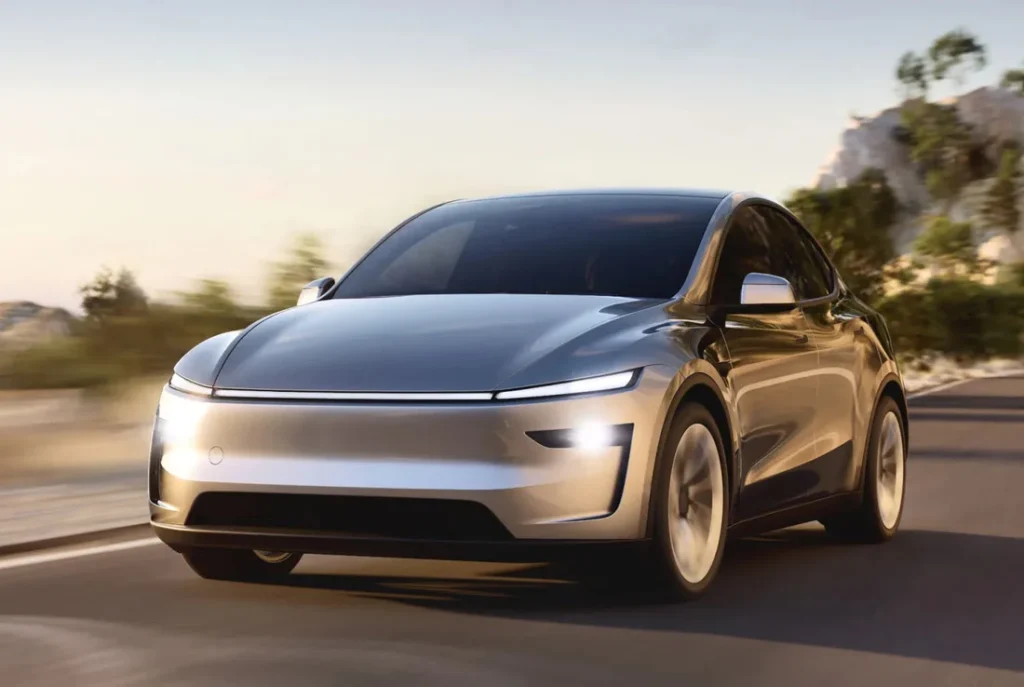The 2023 Chevrolet Bolt EV represents a significant milestone in the evolution of electric vehicles (EVs), offering an impressive blend of affordability, performance, and practicality. As fleet operators increasingly prioritize sustainability and cost-efficiency, the Bolt EV emerges as a compelling option worthy of detailed examination.

Overview
Chevrolet’s 2023 Bolt EV stands out as one of the most affordable electric vehicles on the market, with a starting price of $26,595. This aggressive pricing strategy makes it an attractive choice for fleet operators seeking to transition to electric mobility without incurring substantial upfront costs. The vehicle offers an EPA-estimated range of 259 miles on a single charge, positioning it favorably among competitors in the subcompact EV segment.
Performance and Driving Experience
Equipped with a single electric motor delivering 200 horsepower and 266 lb-ft of torque to the front wheels, the Bolt EV provides brisk acceleration suitable for urban and highway driving. The instant torque characteristic of electric motors ensures responsive performance, which can be advantageous for fleet operations requiring quick maneuverability in city environments. However, it is important to note that the Bolt EV does not offer an all-wheel-drive option, which may limit its suitability in regions with challenging weather conditions.
Charging Capabilities
The Bolt EV supports DC fast charging, enabling it to add approximately 100 miles of range in 30 minutes. While this is adequate for many use cases, the vehicle’s maximum DC fast-charging rate is slower compared to some competitors, which could be a consideration for fleets with demanding turnaround times. For daily operations, especially those centralized around a home base with Level 2 charging infrastructure, the Bolt EV’s charging capabilities should suffice.
Interior and Cargo Space
Despite its subcompact classification, the Bolt EV offers a surprisingly spacious interior. The cabin features quality materials and a user-friendly layout, including an 8-inch digital driver display and a 10.2-inch infotainment touchscreen compatible with wireless Apple CarPlay and Android Auto. Cargo capacity stands at 16.6 cubic feet with the rear seats up, expanding to 57 cubic feet when folded, providing flexibility for various cargo needs.
Safety and Driver Assistance Features
Safety is a critical consideration for fleet operations, and the Bolt EV comes equipped with a suite of standard driver assistance features. These include forward collision warning with automatic emergency braking, lane-keeping assistance, and automatic high beams. Higher trims offer additional features such as blind-spot monitoring, rear cross-traffic alert, and a 360-degree camera system, enhancing driver awareness and reducing the risk of accidents.
Cost of Ownership and Maintenance
One of the primary advantages of electric vehicles is the reduction in maintenance costs due to fewer moving parts and the absence of traditional engine components. The Bolt EV benefits from this, offering lower maintenance expenses compared to internal combustion engine vehicles. Additionally, Chevrolet provides an 8-year/100,000-mile warranty on the battery and electric components, offering peace of mind to fleet operators concerned about long-term durability.
Sustainability and Environmental Impact
Transitioning to electric vehicles like the Bolt EV aligns with broader sustainability goals, reducing greenhouse gas emissions and reliance on fossil fuels. For fleets operating in urban areas, the Bolt EV’s zero tailpipe emissions contribute to improved air quality, which can be a significant factor in meeting regulatory requirements and corporate social responsibility objectives.
Pros and Cons
Pros:
- Affordability: With a starting price of $26,595, the Bolt EV is one of the most cost-effective electric vehicles available, making it accessible for fleet integration.
- Impressive Range: An EPA-estimated 259 miles per charge provides sufficient range for most daily fleet operations without the need for frequent recharging.
- Spacious Interior: Despite its compact size, the Bolt EV offers ample interior space and cargo capacity, enhancing its practicality for various applications.
- Comprehensive Safety Features: A robust suite of standard and available driver assistance technologies enhances operational safety.
Cons:
- Limited Fast-Charging Speed: The Bolt EV’s slower DC fast-charging rate may be a limitation for fleets requiring rapid turnaround times.
- No All-Wheel Drive Option: The absence of an all-wheel-drive variant may reduce its suitability in regions with adverse weather conditions.
- Ride Quality on Rough Roads: Some reports indicate that the Bolt EV’s suspension may not adequately absorb bumps, leading to a less comfortable ride on uneven surfaces.
BroadRock’s Insight: 7/10
The 2023 Chevrolet Bolt EV presents a compelling case for fleet operators seeking an affordable and efficient entry into electric mobility. Its combination of cost-effectiveness, respectable range, and practical interior space makes it a strong contender for urban and suburban fleet applications. However, considerations regarding charging infrastructure and regional driving conditions should be carefully evaluated to ensure alignment with operational requirements.
Read our Comprehensive Analysis for this product:
Thank you for exploring our review summary. The detailed analysis of this product is available exclusively to paying customers.


